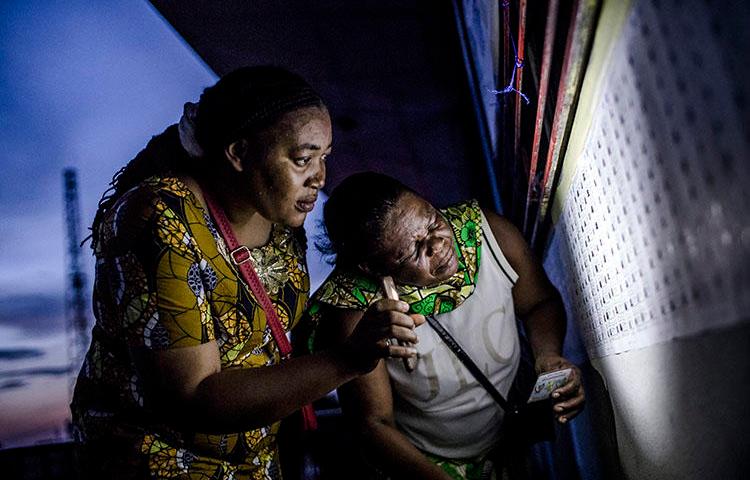
DRC authorities cut internet and broadcast signals after election
New York, January 3, 2019–Authorities in the Democratic Republic of Congo should immediately take steps to ensure citizens have access to the internet and news outlets as the country awaits the results of its election, the Committee to Protect Journalists said today. The government has cut access to internet and SMS services, blocked the signals…
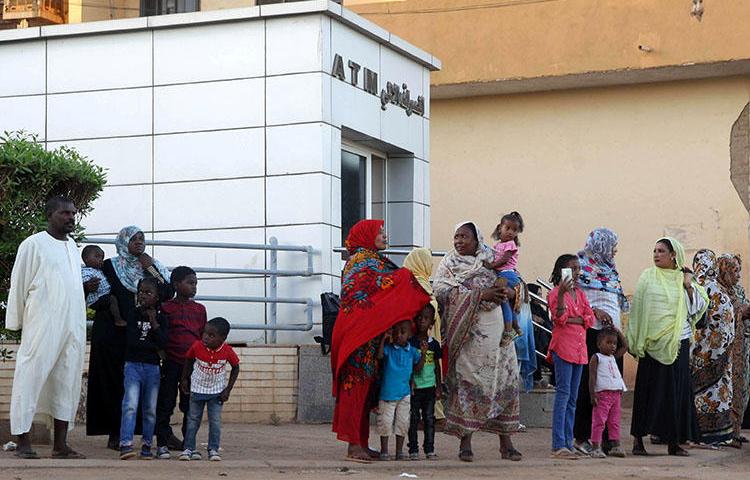
Sudan must stop trying to censor newspapers, websites
Washington D.C, December 21, 2018–The Committee to Protect Journalists today called on Sudanese authorities to stop trying to stifle news coverage of this week’s widespread anti-government protests. Internet service in Sudan, including access to social media websites, was disrupted today, according to Access Now and NetBlocks, two organizations that track internet shutdowns. Yesterday, the local…
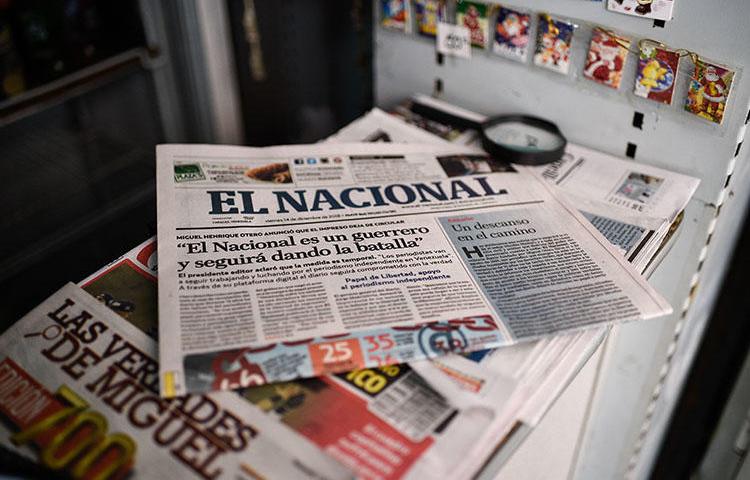
Venezuela’s biggest daily, El Nacional, latest casualty of newsprint restrictions
New York, December 17, 2018–Venezuela’s biggest independent daily, El Nacional, printed its last edition on December 14, its editor and owner Miguel Henrique Otero announced. In an interview published in the paper, Otero, who manages the paper from self-imposed exile in Madrid, said that El Nacional would be available online only because of restrictions that…
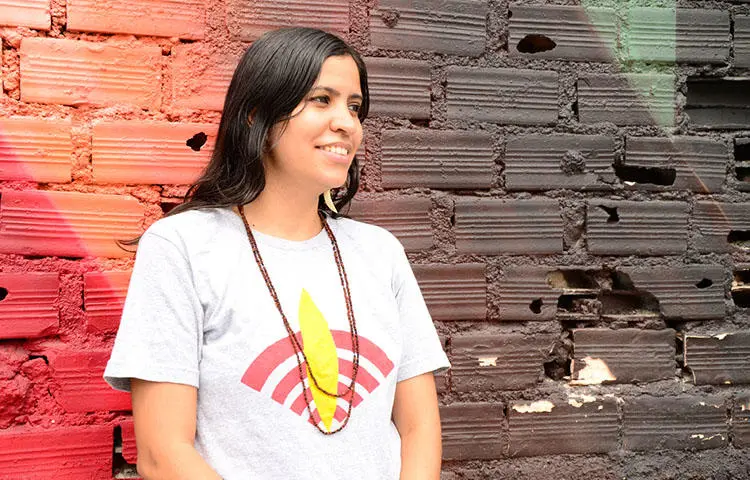
How Brazil’s ‘ethno-communicators’ are helping indigenous people find their voice
The people who run Radio Yandê, a Brazilian digital portal dedicated to indigenous issues, have many words to define what they do, but even though the site has stories, video and audio, none of those definitions include the word journalist.

Online smear campaign targets freelance reporter in Nicaragua
New York, September 25, 2018–Nicaraguan authorities should investigate a targeted online harassment campaign against freelance journalist Carl David Goette-Luciak, find those responsible, and ensure his safety, the Committee to Protect Journalists said today.
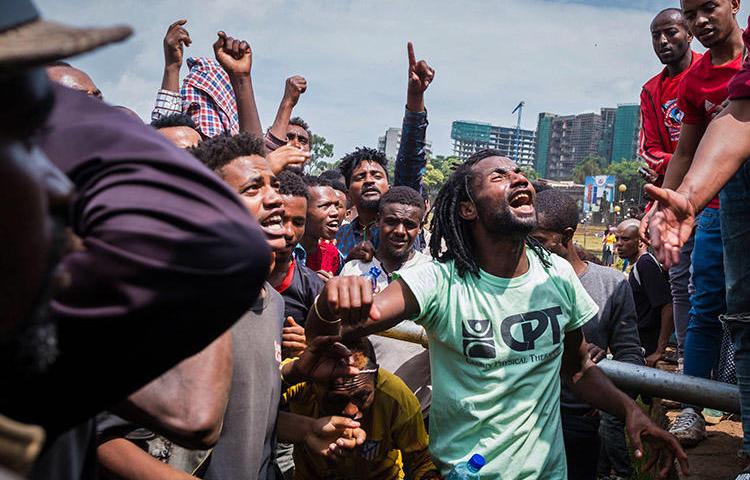
In Ethiopia, mobile internet cut in the capital amid clashes and protests
Nairobi, September 21, 2018–The Committee to Protect Journalists today urged Ethiopian authorities to ensure internet is available, including during times of unrest when access to information provided by journalists is crucial. Mobile internet was unavailable in the capital, Addis Ababa, from September 17 to the morning of September 19 amid protests and clashes, according to…
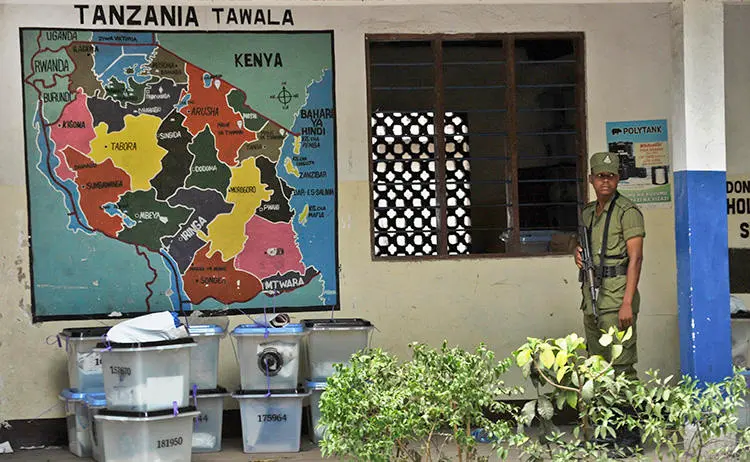
CPJ joins call for UN Human Rights Council to address crackdown in Tanzania
The Committee to Protect Journalists and 29 other civil society groups yesterday wrote to the member and observer states of the United Nations Human Rights Council urging them to address the deteriorating situation for human rights, including freedom of the press, in Tanzania during the upcoming 39th session of the council in September.
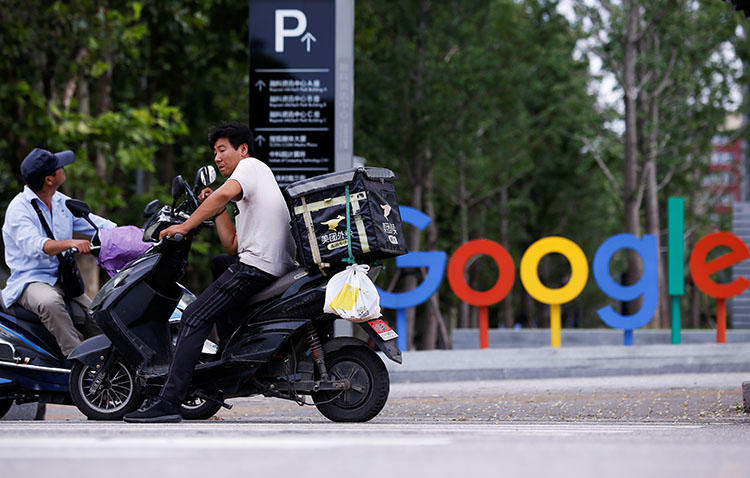
Google complicity in Chinese censorship could endanger press freedom elsewhere
In 2010, after four years of offering Chinese users a heavily censored version of its search engine, Google decided it would no longer block search results at the request of the Chinese state. “Our objection is to those forces of totalitarianism,” Sergey Brin, Google’s co-founder, told The New York Times at the time, adding that…

How Turkey silences journalists online, one removal request at a time
On June 19, Abdülhamit Bilici, the last editor-in-chief of the now-shuttered Turkish paper Zaman, tweeted about the decline of press freedom in his home country. If you can see his tweet, you are probably not in Turkey because it is among the over 1.5 million tweets belonging to journalists and media outlets censored there under…
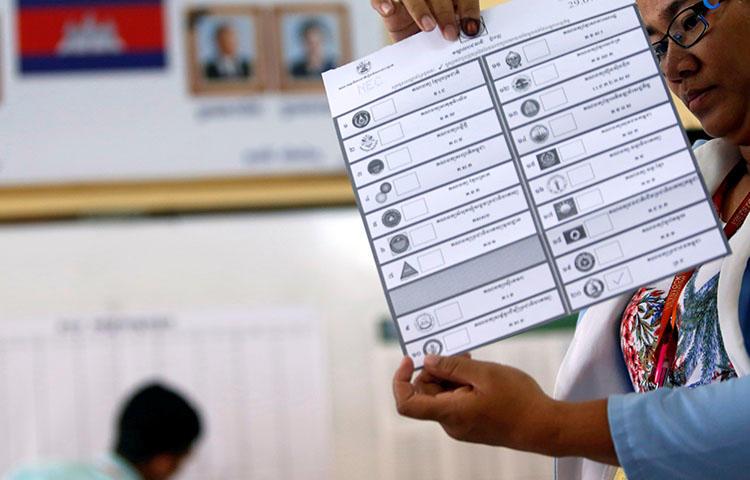
CPJ condemns pre-election news censorship in Cambodia
Bangkok, July 30, 2018–The Committee to Protect Journalists today condemned the Cambodian government’s move to block news websites ahead of yesterday’s national elections and called for an end to the state’s censorship and harassment of the media.